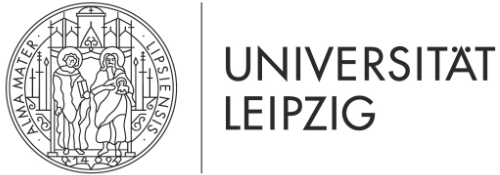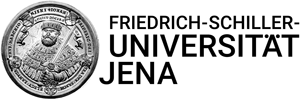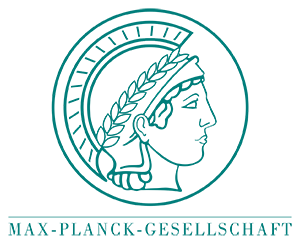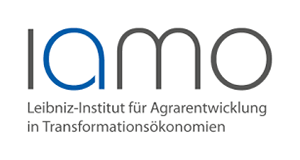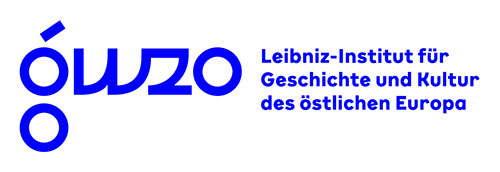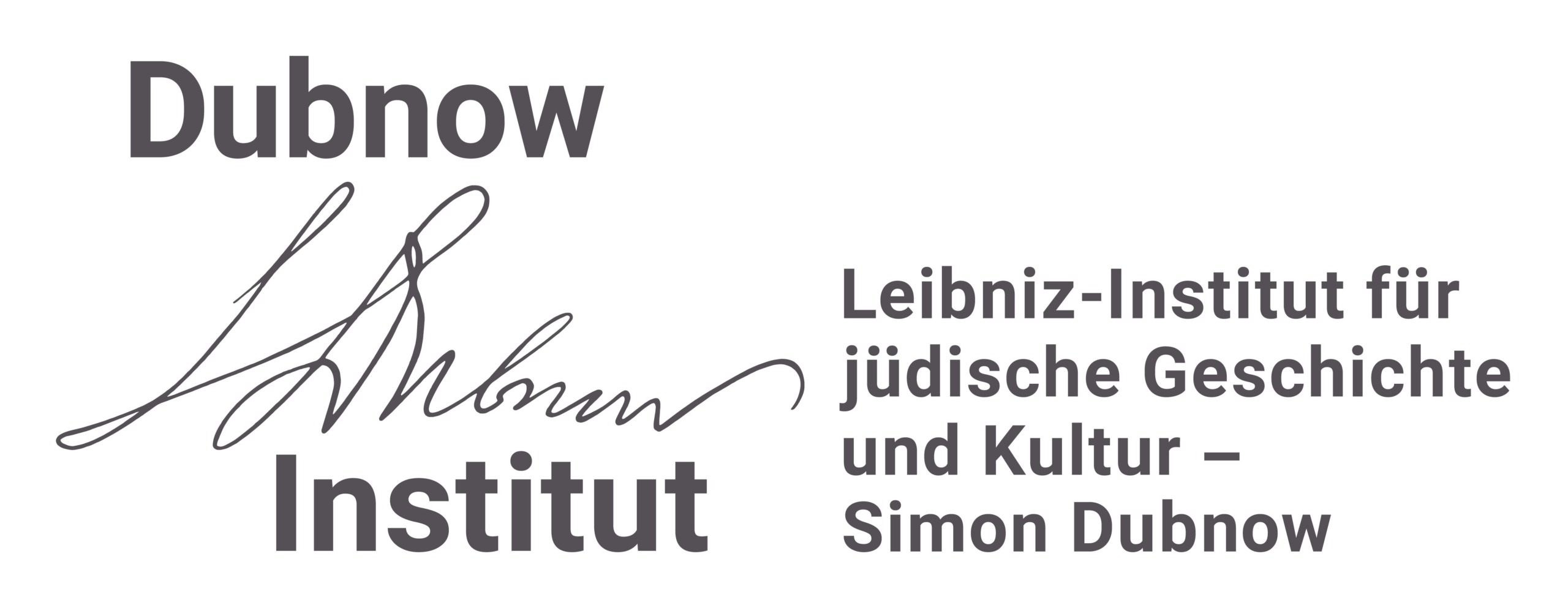About EEGA
The Leibniz ScienceCampus EEGA is committed to developing new research perspectives on Eastern Europe.
EEGA promotes young researchers and stimulates knowledge exchange together with other Eastern European stakeholders in this region. In this vein, EEGA contributes substantially to the integration of the Central German academic region, an area marked by the successful and longstanding cooperation of universities and research institutes.
The EEGA research agenda addresses the overarching question of the positioning of Eastern European actors through and within global processes, conflicts and a new world order. A multi-disciplinary and multi-faceted examination of globalisation processes is key for an informed understanding of societal developments.
Three main strategies serve as guidelines within the EEGA agenda:
- defining Eastern Europe through transregional entanglements rather than upholding compartmentalised approaches;
- connecting researchers, institutions and societies in Germany, Eastern Europe and beyond;
- promoting research, education and knowledge transfer through carefully targeted events and activities.
Such activities include PostDoc support, PhD training, publication opportunities, public events such as the EEGA Science Lounge and EEGA Summer School, or the MA programme “Global Eastern Europe” at Leipzig University.
EEGA’s novel paradigm champions an informed understanding of Eastern Europe as world region marked by diverse traditions, positions, developments and dynamics. In doing so, EEGA raises academic and public awareness for this highly relevant, yet often neglected world region and its crucial rule in global processes.
In this section you can find information on the Concept of the Leibniz ScienceCampus EEGA, the EEGA Members, the structure of EEGA and its five Research Areas.
For more information on our topics and our agenda, please see our folder.
Prof. Sebastian Lentz, former Speaker of EEGA, answers questions to the Leibniz ScienceCampus, its orientation and activities in a video interview:
#1 – What is EEGA ScienceCampus?
#2 – Please explain EEGA ScienceCampus in less than two minutes
#3 – What is the benefit of EEGA ScienceCampus especially for young researchers?
Some of our Research Area Coordinators and Affliate Researchers present themselves and their research in short video clips on our Youtube Channel.
Cross-institutional ad hoc commission
Within the framework of EEGA, in October 2022, 4 partners
- the Leibniz Institute for the History and Culture of Eastern Europe, Leipzig (GWZO),
- the Leibniz Institute of Agricultural Development in Transition Economies, Halle (IAMO),
- the Leibniz Institute for Regional Geography, Leipzig (IfL)
- and the Centre for Eastern European and International Studies, Berlin (ZOiS)
have agreed to support each other in reviewing aspects of research ethics in research projects and publications. They have installed a cross-institutional ad hoc commission that acts in those cases when the intra-institutional instances are not sufficient. This may be the case, if internal procedures have the appearance of bias or a conflict of interests, or if external advice and review is explicitly required. In this way, the partners want to meet the demand for a high quality ethic review, which meets all the quality standards of established evaluation procedures, but also draws on rich experience in empirical social research.
In case of questions about the work of (and participation in) the ad hoc commission, please do not hesitate to contact the institution that is assuming the administrative leadership of the commission for the first two years (2022 – 2024): Isabel Hilpert (Assistant to the Director at the Leibniz Institute for Regional Geography; i_hilpert@leibniz-ifl.de).
